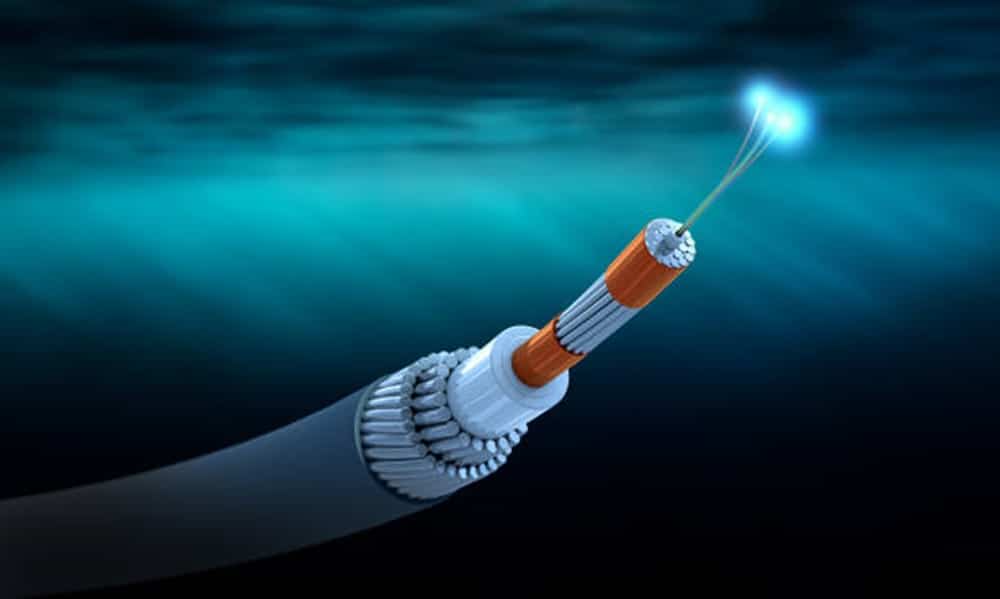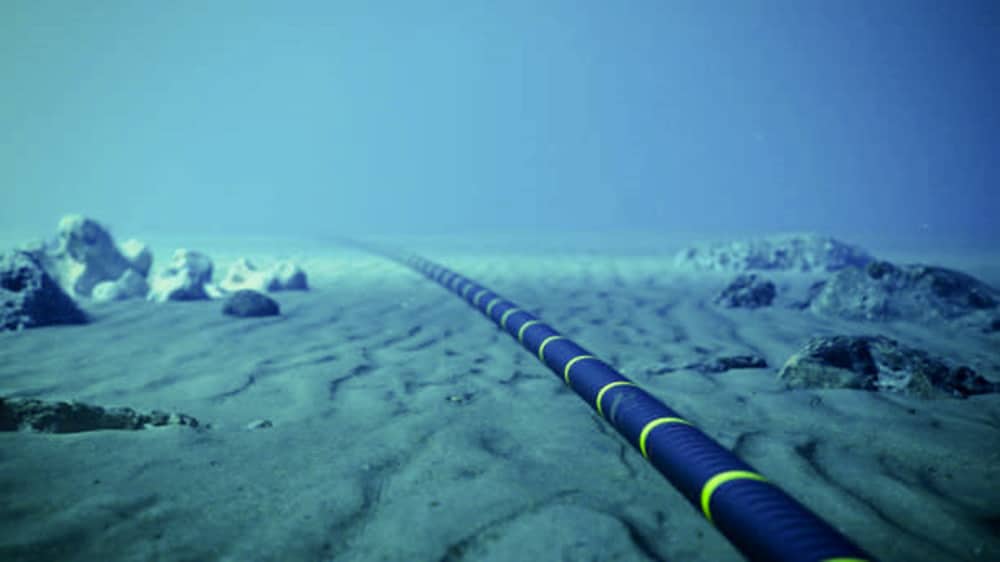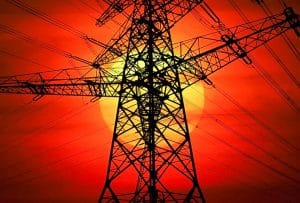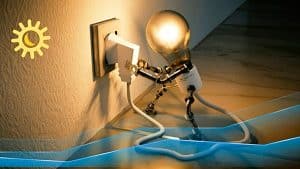In today’s interconnected world, the global flow of information relies heavily on an intricate network of underwater internet or submarine cables that crisscross the world’s oceans. These underwater internet cables, often invisible to the naked eye, facilitate data transmission, enabling internet connectivity, telecommunications, and international trade. The geopolitical implications surrounding these underwater infrastructure systems have become a focal point in discussions of national security, economic influence, and international relations.
Look no further because Energy Matters has the solution for you: Compare, Switch and Save Internet Plans - absolutely FREE! No obligation to sign up and it's 100% free to use! Our user-friendly compare broadband plan tool empowers you to compare a wide range of options, unlock incredible savings and transform your internet experience. Visit our website now and take the first step towards a brighter, more affordable online journey!
Submarine cables: The unsung heroes of global communication
When we think of global communications, we often think of satellites, those high-tech marvels orbiting the Earth. But in reality, most of the world’s telecommunications traffic travels through a network of underwater cables, each about the size of a garden hose.
These cables carry an estimated 99% of all international data traffic, including our video calls, stock market transactions, and even military communications. They are the backbone of our interconnected world, making it possible to communicate instantly with people across the globe.

The geopolitical significance of underwater internet cables
Underwater cables hold immense strategic and economic value, making them a focal point of interest for nations worldwide. Their construction costs, reaching hundreds of millions of dollars, are outweighed by their unparalleled efficiency compared to satellite alternatives. However, the geopolitical implications surrounding these cables are substantial.
Undersea cable battle: U.S. vs. China
The United States and China are battling to control the undersea cables that carry most of the world’s internet traffic. The U.S. government is concerned about the potential for the Chinese spying on these cables and has been working to prevent Chinese companies from building them.
In one recent example, the U.S. government successfully intervened to prevent a Chinese company from building a cable connecting Singapore to France. The U.S. government did this by incentivising the consortium of companies funding the cable to choose an American company instead.
The U.S. government’s actions are part of a wider effort to rein in China’s growing influence in the technology sector. The U.S. government is concerned that China is using its technological prowess to gain a strategic advantage over the United States.
Are you tired of being the last to know about renewable energy and broadband updates? Did you miss out on a state rebate or incentive? Looking to find out more about how you can save on your utility bills? Subscribe to Energy Matters’ weekly newsletter and keep updated with Australian and international news, incentives, and offers.
The risk of espionage and sabotage
Underwater cables are not only susceptible to geopolitical tensions but are also vulnerable to espionage and sabotage. Governments and intelligence agencies have been known to tap into these cables to intercept sensitive communications. Additionally, cables have been deliberately damaged, disrupting communications and potentially causing economic and security risks.

Threats and vulnerabilities
Historical incidents and potential vulnerabilities underscore the fragility of submarine cables. Deliberate damage to these cables has occurred during wartime, impacting countries’ communications and even influencing historical events. For instance, during World War I, the interception of the Zimmermann telegram, made possible by cable interception, significantly influenced US involvement in the war.
While intentional damage during conflicts remains a concern, most cable disruptions stem from accidental causes, including interaction with fishing activities and natural disasters like earthquakes. Recent events, such as Tonga’s internet outage following a volcanic eruption and Taiwan’s connectivity loss amid speculation of intentional disruption by Chinese vessels, emphasise the susceptibility of these critical infrastructures to external forces.
Protective measures and challenges


Countries like Australia, heavily reliant on submarine cables for global connectivity, implement protective measures to mitigate risks. Protection zones, where certain activities like fishing are prohibited, aim to safeguard these vital communication links. However, balancing protection with maintaining these cables’ accessibility and avoiding excessive attention poses a delicate challenge.
Telecommunications companies advocate for expanded protection zones to safeguard these cables further, emphasising the need for increased security without attracting undue attention or vulnerability. Striking this balance remains crucial to ensure the uninterrupted flow of global communication while preventing deliberate disruptions or inadvertent damage.
Source: Reuters and Australian Broadcasting Corporation
Striking a delicate balance between security measures and accessibility
Underwater cables represent the lifelines of the modern interconnected world, enabling seamless global communication, economic transactions, and security operations. However, their significance also amplifies geopolitical tensions, security concerns, and intentional or accidental disruptions threats. Striking a delicate balance between security measures and accessibility remains pivotal in safeguarding these critical infrastructures, ensuring uninterrupted connectivity and the stability of the world’s communication networks.
Still can’t afford to switch to solar power?
Are you considering getting solar panels but are currently short on funds? You can still invest wisely, and Energy Matters can help you.
Powow and Energy Matters have teamed up to provide consumers with an alternative to switching to solar power and battery storage.
The biggest obstacle to installing solar and battery storage is typically finance. With Powow's PPA and VPP, our customers will have a $0 upfront option and financial stability in the uncertain energy market.
Get up to 3 obligation-free quotes by getting in touch with us right away. Find out what payment plan options suit your needs and budget! Check out our page for Powow: Power Purchase Agreement (PPA) and Virtual Power Plant (VPP).














































